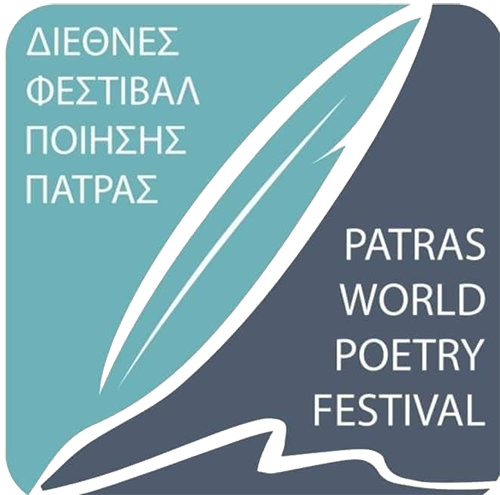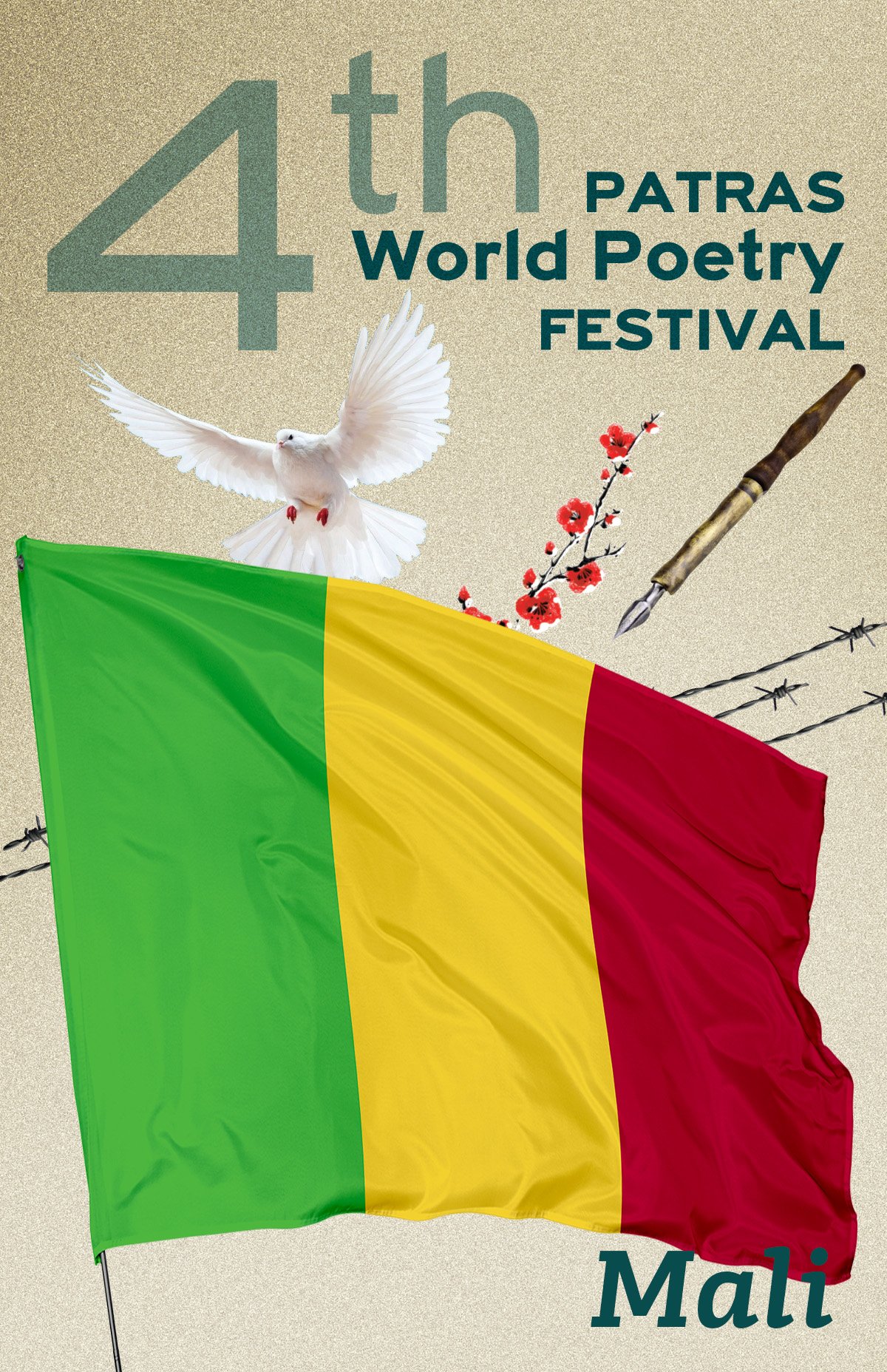Ismael Diadié Haidara, Mali
The Poems
Thessaloniki
To Edgar Morin
Auschwitz is between me and my Jewish memory.
I went to Athens and I can see the Parthenon, the theater and far away the Agora
But I only had in my memory the road to Salonica
I crossed Salonica on the way to Mount Athos
I saw the Felipo´s stone and the Stagira´s ruins
But I only had in memory the streets of Salonica
When I returned to Salonica I went to look for names,
ruins and whatever towards the port
They told me they took everyone on trains
and there were only empty houses and closed shops
No one has seen the name of Ba Azan Ferrer the Greek
and no one’s been back since they all took them on the trains.
(Translated into English by Virginia Fernández Collado)
*
Salónica
A Edgar Morin
Auschwitz está entre mi memoria judía y yo.
Me fui hacia Atenas y vi el Partenón, el teatro y de lejos la Agora
Pero solo tenía en la memoria el camino hacía Salonica
Cruce Salónica camino al Monte Athos
Ví la tumba de Felipo y las ruinas de Stagira
Pero solo tenía en la memoria las calles de Salónica
Cuando volví a Salónica fui a buscar nombres
ruinas y cualquier cosa hacia el puerto
Me dijeron que se llevaron a todos en trenes
y solo quedaron casas vacías y comercios cerrados
Nadie ha visto el nombre de Ba Azan Ferrer el griego en ningún sitio
y nadie ha vuelto desde que se llevaron a todos en los trenes.
* * *
Greek night
A seventeen girl more or less came out of the woods
Her blue eyes were smiling and her hair covered her breasts a little.
He looked at the top of the mountain and said Stagira.
On the top of the mountain was a wall
You can see from afar the reddish stones of an abandoned city
The girl turned around and said: Aristotle!
He smiled and disappeared back into the forest.
Here, you can hear the sea
In the distance the ruins of what remains of the philosopher’s city.
A light breeze blows and the moon leaves a trail of light on the sea
Dressed in shadows, a woman slowly undresses like a Sappho
He enters the waters and begins to swim away from the shore
I can barely see his silhouette disappear and reappear.
After a time of eerie silence
The silhouette is seen sitting alone on a stone.
Sing in front of the pale moon of the Greek night.
Slowly the night envelops everything and behind the windows, candles are lit
Candles illuminate confined gazes and masked lips
I dream of the Greek night looking at the mountains under the moon.
(Translated into English by Virginia Fernández Collado)
*
La noche griega
Una muchacha de diecisiete años o un poco más salió del bosque
Sus ojos azules sonreían y su pelo cubría un poco sus senos
Miró la cima de la montaña y dijo Stagira.
Sobre la cima de la montaña estaba una muralla
Se ve de lejos las piedras rojizas de una ciudad abandonada
La muchacha dio la vuelta y dijo: Aristóteles!
Sonrió y desapareció de nuevo en el bosque.
A nuestros pies se escucha el mar
A lo lejos las ruinas de lo que queda de la ciudad del filósofo.
Una ligera brisa corre y la luna deja una estela de luz sobre el mar
Vestida de sombras una mujer se desnuda lentamente cual una Safo
Entra en las aguas y se pone a nadar lejos de la orilla
Apenas puedo ver su silueta desaparecer y reaparecer.
Después de un tiempo de inquietante silencio
Se ve la silueta sentada sola sobre una piedra.
Canta frente a la pálida luna de la noche griega.
Lentamente la noche envuelve todo y tras las ventanas, velas se encienden
Velas iluminan miradas confinadas y labios enmascarados
Sueño con la noche griega mirando las montañas bajo la luna.
The Poet
ISMAËL DIADIÉ HAÏDARA (Tombuctú, 1957) es un poeta, filósofo, historiador y presidente de la Fundación Fondo Kati. Asiduo conferenciante, cuanta con un extensa obra publicada con títulos como: Le statut du monde. Nécessité, possibilité et contingence chez Ibn Arabi, Cordoba, 1992; Yawdar Pasha y la conquista saudí del Songhay (1591-1599) Instituto de Estudios almerienses, 1993 y Rabat 1996; L’Espagne musulmane et l’Afrique subsaharienne, Editions Donniya, Bamako, 1997; Les Juifs à Tombouctou, Editions Donniya, Bamako, 1999; Los otros Españoles, mr ediciones, Madrid, 2004; Los últimos Visigodos, rd editores, Sevilla, 2003; Las lamentaciones del viejo Tombo, Maremoto, Málaga, 2006; Abana, Rihla, Córdoba, Almuzara, 2006; Monólogo del un carnero, Árbol de Poe, Málaga, 2012; Zimma, Vaso Roto Mexico, 2014, Madrid 2015; Tombuctú, Andaluces en la ciudad pérdida del Sahara, Almazara, 2015; Sahel, 2017, Diario de un bibliotecario de Tombuctú, 2017; De Toledo a Tombuctú 2019; De la sobriedad, Almuzara, 2020.






